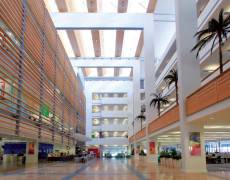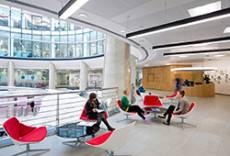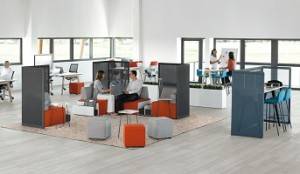July 15, 2014
Book Review: Cubed: A Secret History of the Workplace by Nikil Saval

Cubed: A Secret History of the Workplace
Nikil Saval’s book Cubed: A Secret History of the Workplace pulls off that rare feat for a parochial business book of being intelligent and informed (which many are) as well as fascinating, entertaining and realistic, which is rather less commonplace. He pulls this off with plenty of references to pop culture including television series such as Will and Grace, films such as Office Space and The Apartment and, inevitably, the Dilbert cartoons. There is also a great deal of enjoyment to be had in the slightly jaded tone of his writing and brutal evisceration of the likes of Tom Peters who is singled out for special criticism. So too, his take on the very idea of the ‘Office of the Future’ with its slides, basketball courts, pool tables and vivid colours.





















July 16, 2014
Three ways in which politicians display their ignorance of the workplace
by Mark Eltringham • Comment, Facilities management, Flexible working, Technology, Workplace, Workplace design
(more…)